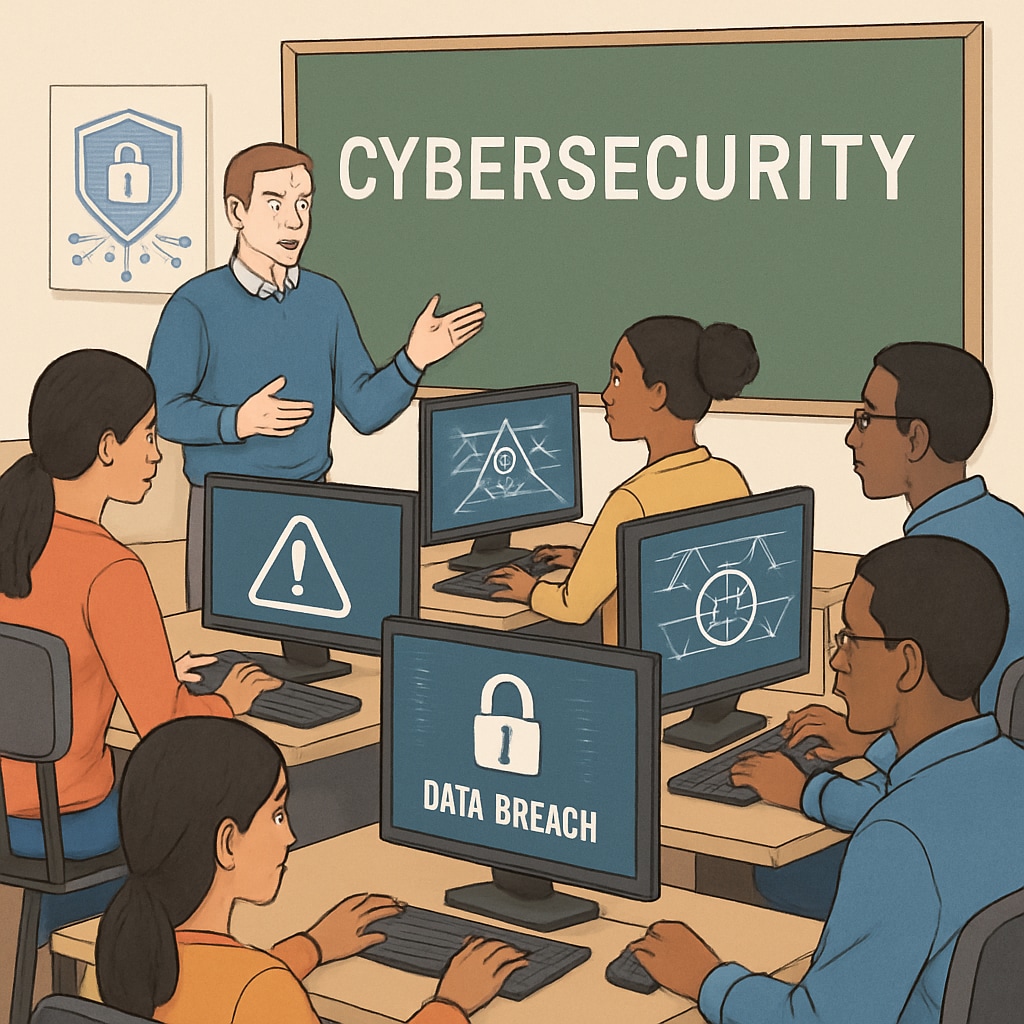In the rapidly growing field of cybersecurity, students and their families often face challenging decisions regarding university selection. Questions like “Does the reputation of the university significantly influence career opportunities?” or “Is it better to prioritize practical skills over the institutional name?” are increasingly common. This article examines how university reputation impacts employability in the cybersecurity sector and provides guidance on finding the right balance between educational investment and career readiness. Major institutions like the University of Maryland Global Campus (UMGC) have made strides in bridging the gap between academic theory and workforce demands, offering insights into how students can make informed decisions.
Why University Reputation Matters in Cybersecurity
University reputation has long been a significant factor in education, often influencing hiring decisions. In cybersecurity, where trust, reliability, and competency are critical, employers may naturally lean toward candidates from well-known institutions. A reputable university often signals a high-quality curriculum, access to industry connections, and rigorous academic standards, all of which can impress potential employers.
However, while reputation can open doors, it is not a guarantee of success. Employers in the cybersecurity field increasingly prioritize skills and certifications over the name of the alma mater. For example, certifications like CompTIA Security+, Certified Information Systems Security Professional (CISSP), or Certified Ethical Hacker (CEH) can sometimes outweigh a degree from a prestigious university. This shift indicates that while reputation is important, it is not the sole determining factor for career success.

Balancing Practical Skills and Academic Prestige
To maximize employability, students should focus on gaining practical skills alongside their academic achievements. Universities like UMGC have developed programs designed to equip students with hands-on experience through internships, labs, and simulated cyberattacks. These experiences are critical in preparing students for real-world challenges in cybersecurity roles.
In addition, many universities now offer partnerships with industry leaders to ensure their programs remain relevant. For example, collaborations with companies like Cisco or IBM often provide students with access to cutting-edge tools and methodologies, further enhancing their employability. When evaluating universities, prospective students should consider institutions that emphasize experiential learning and industry alignment.
How to Evaluate University Options for Cybersecurity Education
Choosing the right university requires a careful analysis of several factors beyond reputation. Here are some guidelines to help prospective students make an informed decision:
- Accreditation: Ensure that the program is accredited by recognized bodies, which guarantees a certain standard of education.
- Curriculum Relevance: Look for programs that integrate modern cybersecurity challenges, such as cloud security, AI threats, and ransomware prevention.
- Industry Connections: Investigate whether the university has partnerships with cybersecurity firms or offers networking opportunities through events and career fairs.
- Alumni Success: Research the employment outcomes of graduates to understand the program’s real-world impact.

Conclusion: Finding the Right Fit
In conclusion, while university reputation plays a role in shaping career prospects, the cybersecurity industry values practical skills and certifications equally, if not more. Institutions like UMGC demonstrate that a well-rounded program combining academic rigor with hands-on training can provide students with a competitive edge. Prospective students should carefully evaluate universities based on accreditation, curriculum, industry connections, and alumni success to ensure their educational investment aligns with their career goals.
As the demand for cybersecurity professionals continues to grow, students have more opportunities than ever to carve out successful careers. By striking a balance between university reputation and practical experience, they can position themselves for long-term success in this dynamic and essential field.
Readability guidance: This article uses concise paragraphs and clear subheadings for ease of navigation. Lists are employed to summarize actionable steps, and overuse of passive voice is avoided. Transitions such as “however,” “in addition,” and “for example” enhance the flow of ideas.


